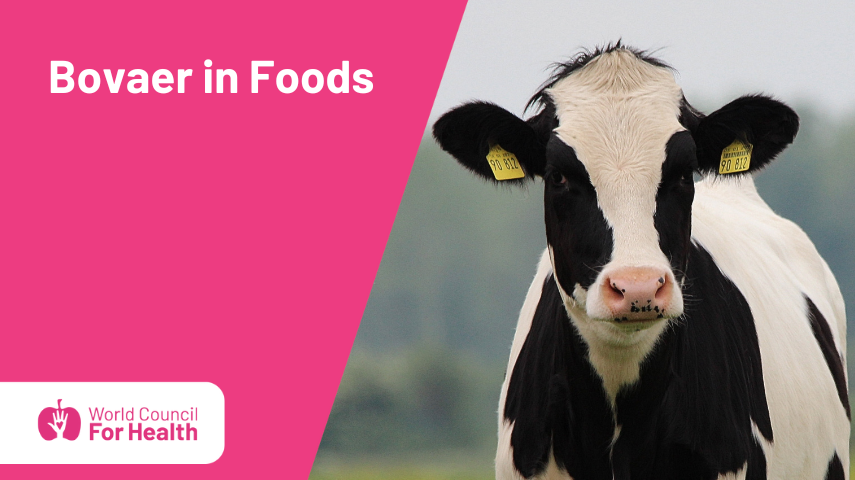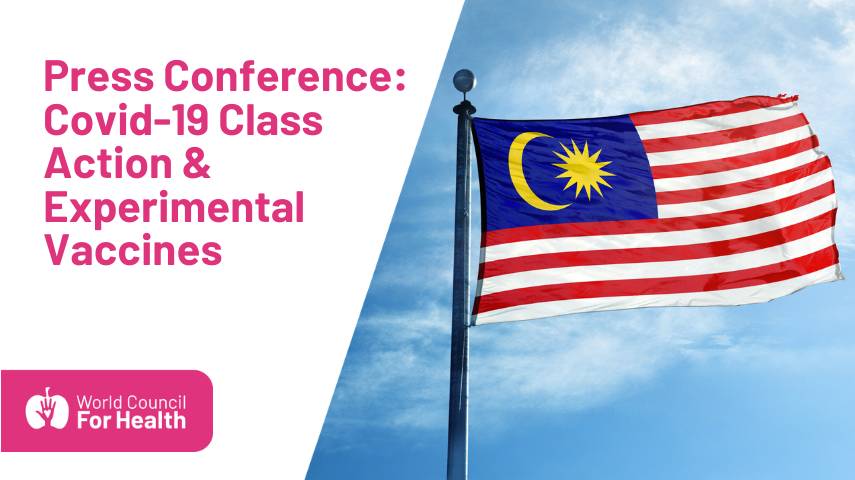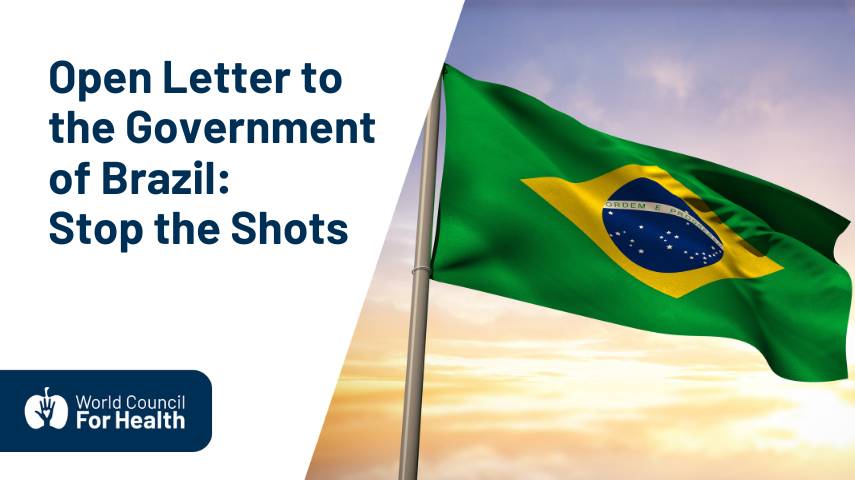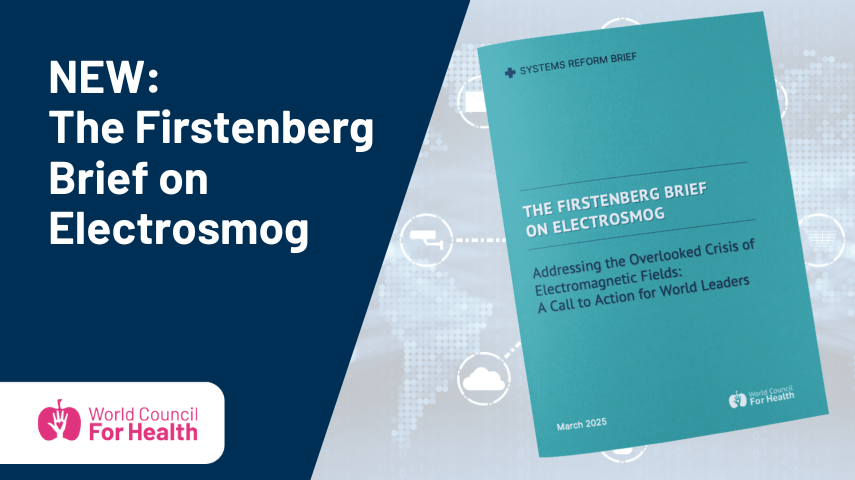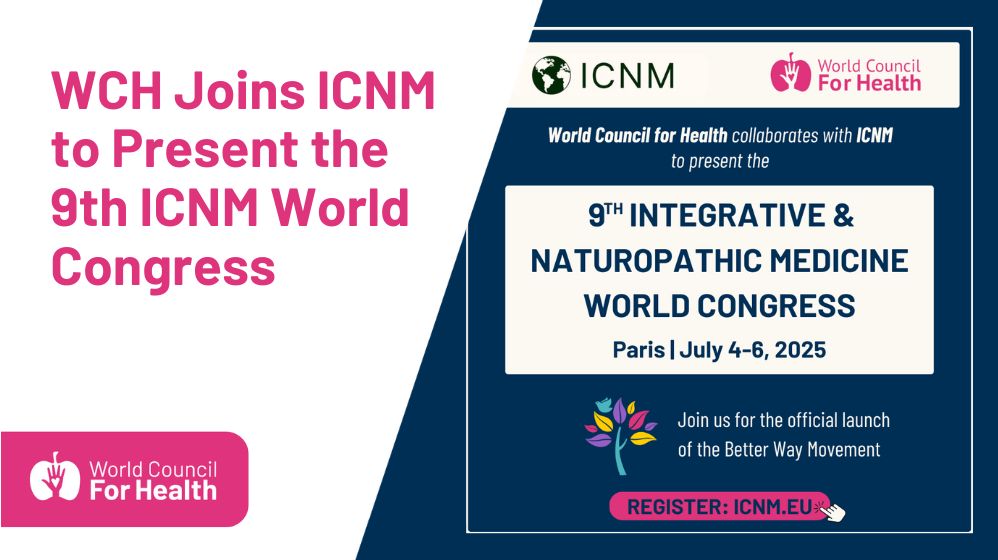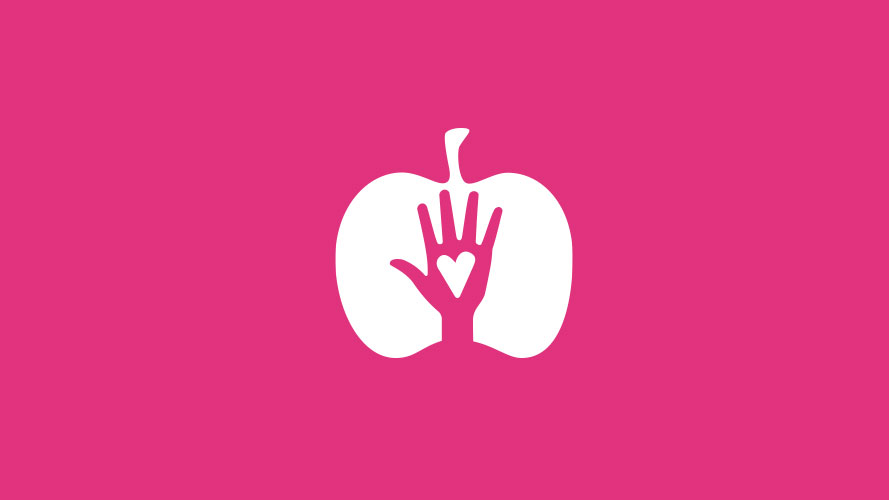The push to tackle climate change has become a politically charged issue, with policies like Bovaer, a feed additive designed to reduce methane from cattle, raising concerns beyond environmentalism. While touted as a solution to climate change, its recent adoption in the UK is likely to be part of a larger agenda to consolidate control over global food systems, with figures like Bill Gates and his company Breakthrough Energy at the helm.
According to the multinational company, DSM, which developed Bovaer:
“Bovaer® is authorized and available for sale in over 55+ countries, including the EU/EEA, Australia, Brazil, Canada, Chile, Mexico, Pakistan, Switzerland Turkey and the United Kingdom (per April 2024).”
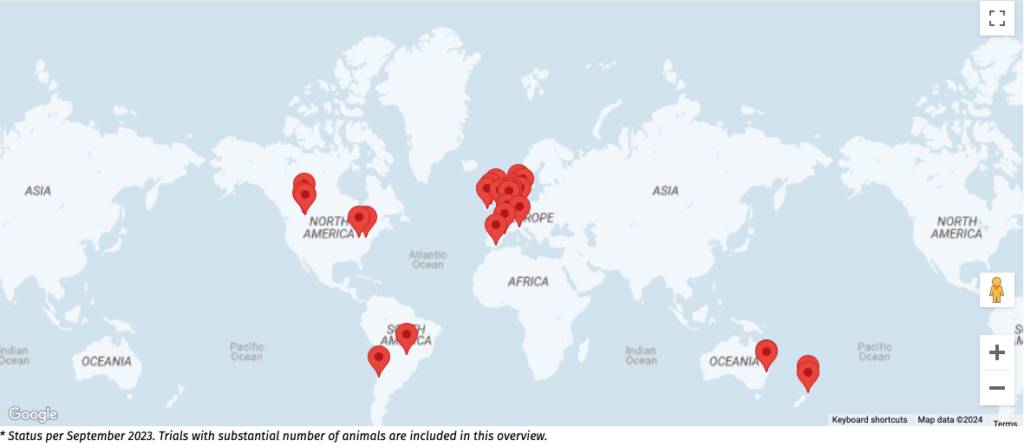
How Does Bovaer Work?
Bovaer alters cattle’s natural digestive processes to cut methane emissions. However, its introduction into the food supply through meat and dairy products raises significant health risks. There are fears about chemical residues remaining in food, with insufficient long-term studies to guarantee safety. This poses a threat not only to human health but also to the sovereignty of local food systems.
What Chemicals Are in Bovaer?
The active ingredient in Bovaer that raises concerns is 3-NOP (3-nitrooxypropanol). While designed to reduce methane emissions in livestock, 3-NOP is a synthetic compound and its long-term effects on animal health, as well as potential residues in meat and dairy products, have not been fully studied for human safety.
The Wider Concern
The concern is that Bovaer is part of a broader agenda led by elites like Gates, whose investments in agricultural technologies are reshaping how food is produced. Gates has backed synthetic feed additives, lab-grown meats, and genetically engineered crops, raising alarms about who will control the future of food. These technologies clearly aren’t just driven by a desire to save the planet but to centralise power in the hands of large corporations, sidelining small farmers and local food systems.
The demonisation of cattle and traditional farming methods is central to this shift. By promoting industrial agriculture and synthetic solutions, such as Bovaer, Gates and others are pushing for a future where food production is controlled by a few powerful corporations, rather than independent farmers.
Are we really fighting climate change, or are we being led toward a new, corporate-controlled world order disguised as progress?
Solutions for the Consumer:
- Support Local Farmers: Buy from farmer’s markets, local co-ops, or farm-to-table programmes to promote natural farming practices.
- Choose Organic Products: Opt for certified organic items to avoid synthetic chemicals and GMOs.
- Research Brands: Investigate food brands’ farming practices using resources like the Non-GMO Project for transparency.
- Grow Your Own Food: Start a home garden to control what you eat and reduce reliance on industrial food systems.
- Advocate for Transparency: Push for clearer food labelling and support food sovereignty initiatives.
- Stay Informed: Educate yourself on food and agriculture issues, share knowledge, and make informed purchasing decisions. Avoid supermarkets where possible.
Resources
The Non-GMO Project: nongmoproject.org
The Food Finders Hub (UK)
UK Raw Milk Map WestonAPrice.London
